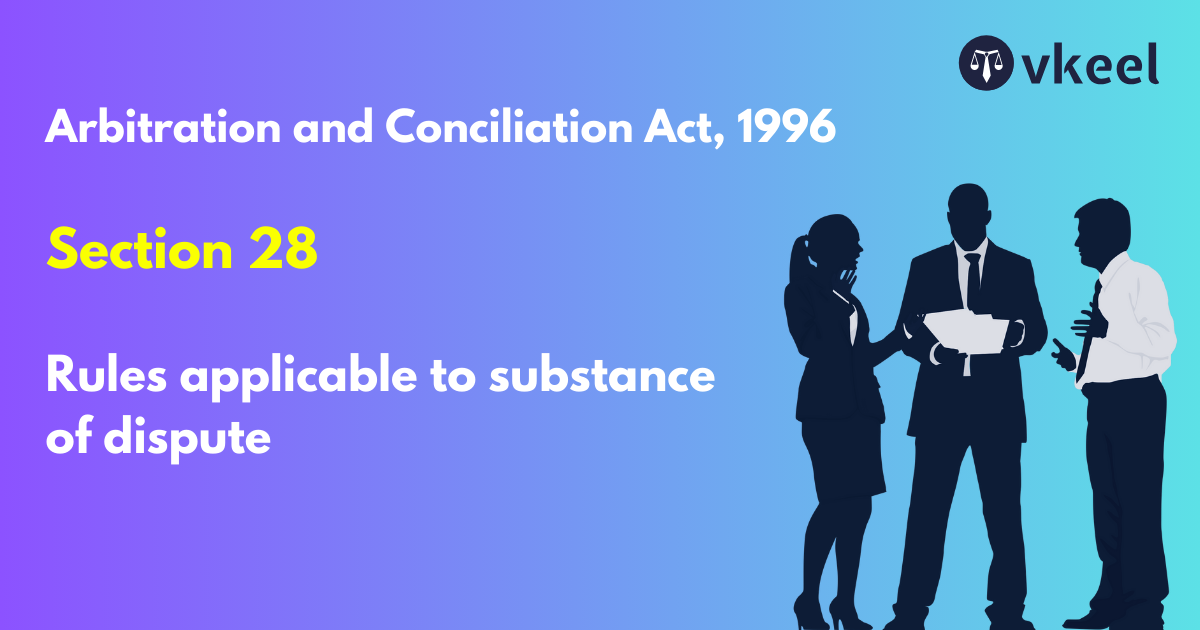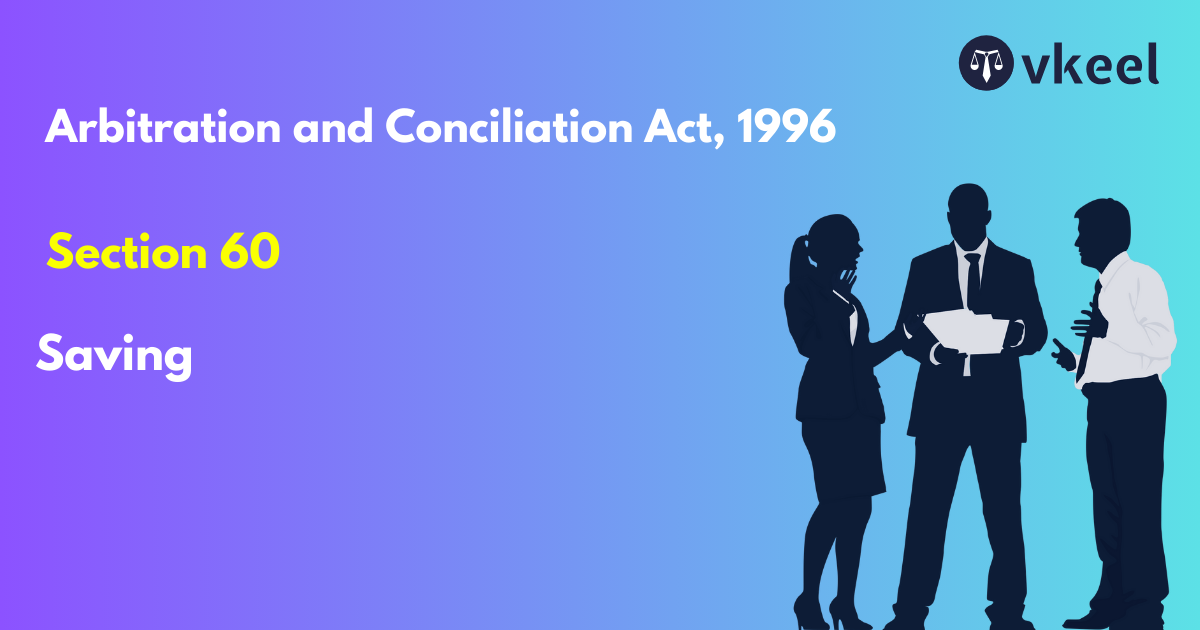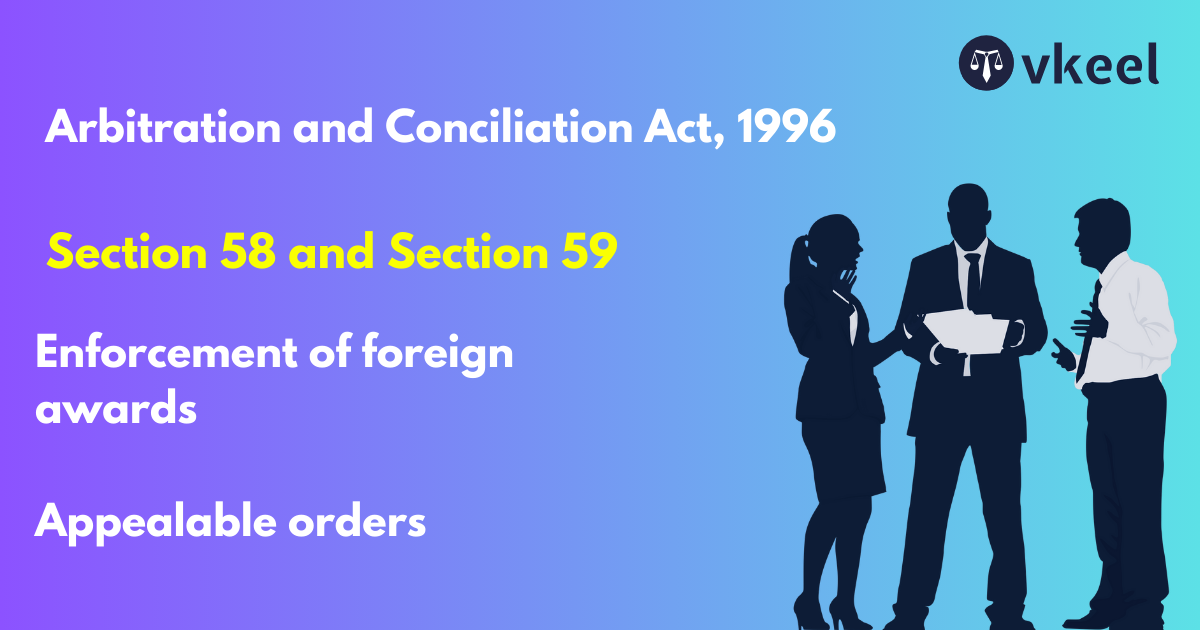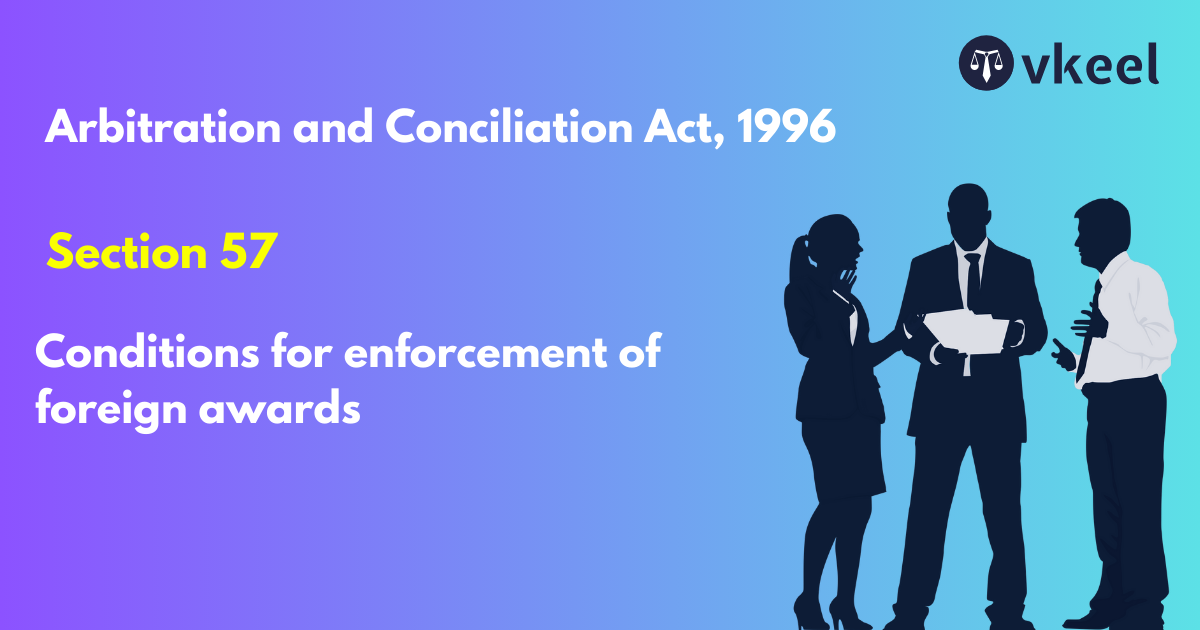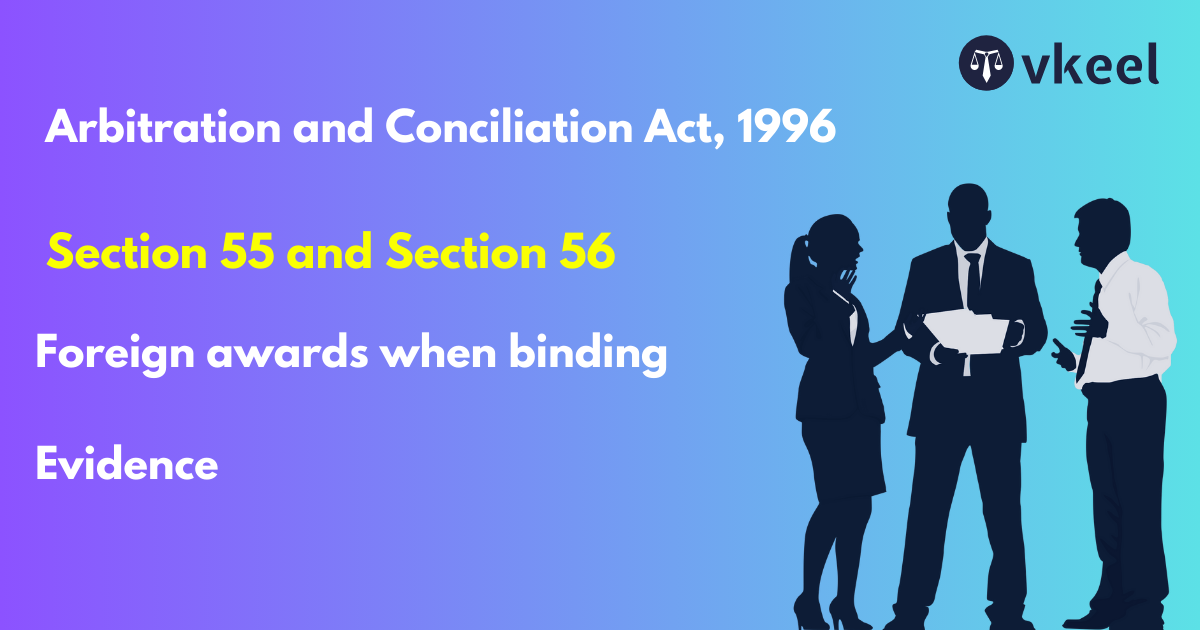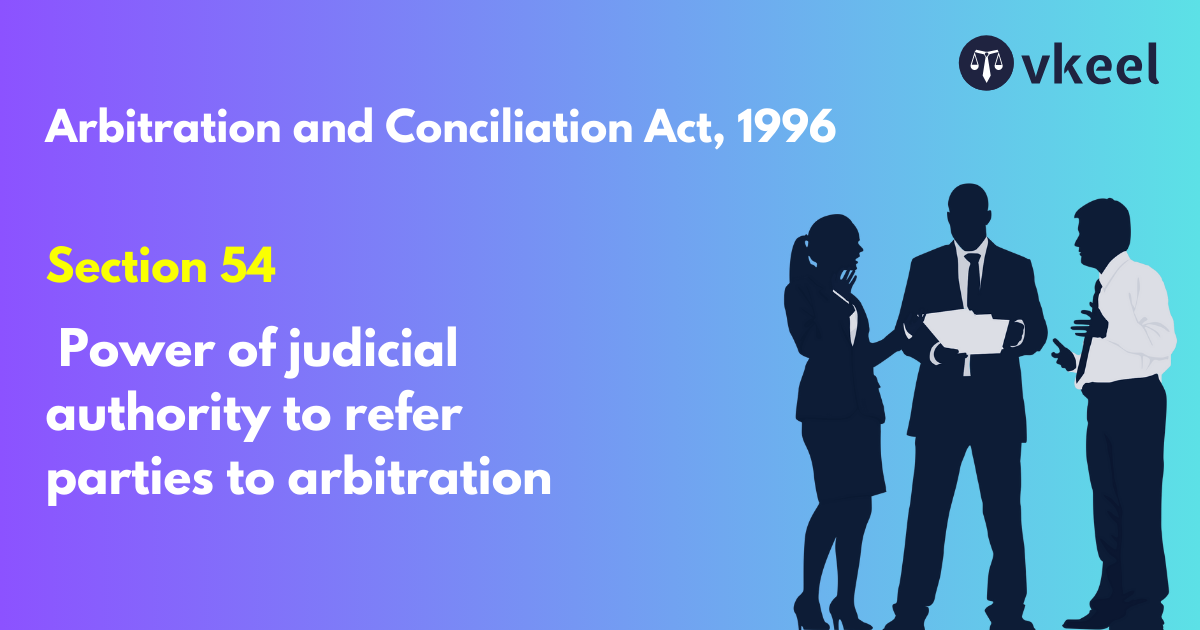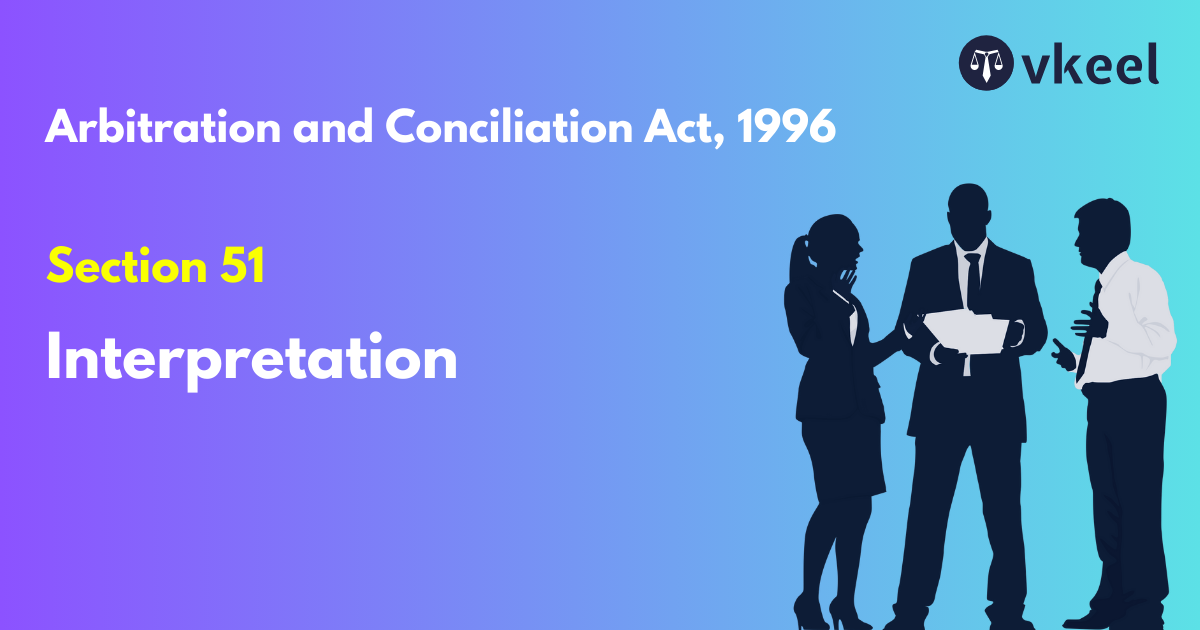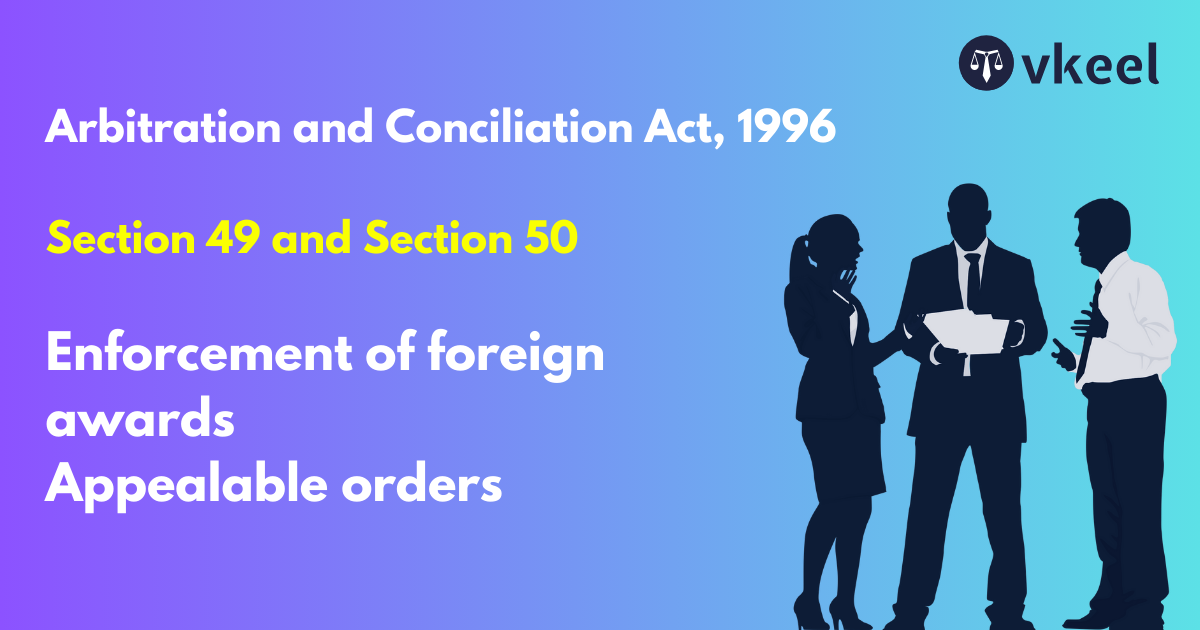Section 28: Arbitration and Conciliation Act, 1996
By Nivedita Dhiman
Table of Contents
Introduction of Section 28
Section 28 of the arbitration and conciliation act shows a responsibility on the arbitral tribunal to decide the dispute in accordance with the substantive law for the time being in force in India. This section provides that the arbitral tribunal shall decide the matter in accordance with the terms of the contract. It requires the arbitrator to decide only in accordance with the terms and conditions of the contract agreement and failure to do so would vitiate the award.
Interpretation of Substantive law
By substantive we mean an essential part or something that is related to what is essential. It refers to that part of the law that creates, defines and maintain rights. Law is divided into substantive law that defines rights, duties and procedure. The rules of procedure regulates the general conduct of litigation; the object of pleading is to ascertain for the guidance of the parties and the court the material facts in issue in each in each particular case; proof is the establishment of such facts by proper legal means to the satisfaction of the court, and in this sense includes disproof.
Section 28 of Arbitration and Conciliation Act,1996
Rules applicable to substance of dispute
(1) Where the place of arbitration is situate in India,—
(a) in an arbitration other than an international commercial arbitration, the arbitral tribunal shall decide the dispute submitted to arbitration in accordance with the substantive law for the time being in force in India;
(b) in international commercial arbitration,—
(i) the arbitral tribunal shall decide the dispute in accordance with the rules of law designated by the parties as applicable to the substance of the dispute;
(ii) any designation by the parties of the law or legal system of a given country shall be construed, unless otherwise expressed, as directly referring to the substantive law of that country and not to its conflict of laws rules;
(iii) failing any designation of the law under clause (a) by the parties, the arbitral tribunal shall apply the rules of law it considers to be appropriate given all the circumstances surrounding the dispute.
(2) The arbitral tribunal shall decide ex aequo et bono or as amiable compositeur only if the parties have expressly authorised it to do so.
1[(3) While deciding and making an award, the arbitral tribunal shall, in all cases, take into account the terms of the contract and trade usages applicable to the transaction.]
Landmark Judgements of Section 28
State of Rajasthan vs Puri Const. Co Ltd, 1994
If an award is biased by applying a principle of law which is patently erroneous, and but for such erroneous application of legal principle, the award could not have been made, such award is liable to be set aside. In ultimate analysis it is a question of delicate balancing between the permissible limit of error of law and fact and patently erroneous finding easily demonstrable from the materials on record and application of principle of law forming the basis of the award which is patently erroneous.
Tirath Singh v Bharat Sanchar Nigam Ltd, 2009
A clause in a works contract provided that in case the consumption of stipulated material exceeded beyond the permissible limit, the contractor would be liable to pay double the amount of the stipulated material. Arbitrator followed the provisions of the contract and awarded double the amount. Held that where a clause in contract specifically provided for entitlement to recover double the amount, it has to be given effect to.
NHAI v Unitech-NCC JV, 2010
For an award to be against contractual provisions, it has to be violative of an unambiguous clause of the contract. If there are various clauses and a harmonious construction of clauses is carried out by the arbitrator, it cannot be said that the award in any manner violates contractual provisions.
State of Goa v Praveen Enterprises, (2012)
Where the arbitration agreement requires specific disputes to be referred to arbitration and provides that the arbitrator will have jurisdiction to decide only the disputes so referred, the arbitrator’s jurisdiction is controlled by the specific reference and he cannot travel beyond the reference nor entertain any additional claims or counter claims which are not part of the disputes referred to arbitration.
UOI v Pawan Das Put Ltd, AIR 2007
An arbitrator cannot wander outside the contract and thus the claims, which are prohibited under the contract, cannot be awarded. Where there had been an increase in royalty and labour charges during the currency of the contract and the relevant clause in the agreement showed in no uncertain terms that such an eventuality was contemplated, it was not open to the arbitrator to travel beyond the contract and award claims contrary to the terms of the contract.
Conclusion of Section 28
The above-mentioned section talks about the importance of party autonomy to determine the rules and procedure of the process of arbitration. This section states that the arbitrators should respect the whole legal framework of the jurisdiction. This balance between respecting party autonomy and adhering to legal norms is very important for maintaining the integrity and effectiveness of the arbitration process.
Disclaimer:
The information provided in the article is for general informational purposes only, and is not intended to constitute legal advice or to be relied upon as a substitute for legal advice. Furthermore, any information contained in the article is not guaranteed to be current, complete or accurate. If you require legal advice or representation, you should contact an attorney or law firm directly. We are not responsible for any damages resulting from any reliance on the content of this website.

